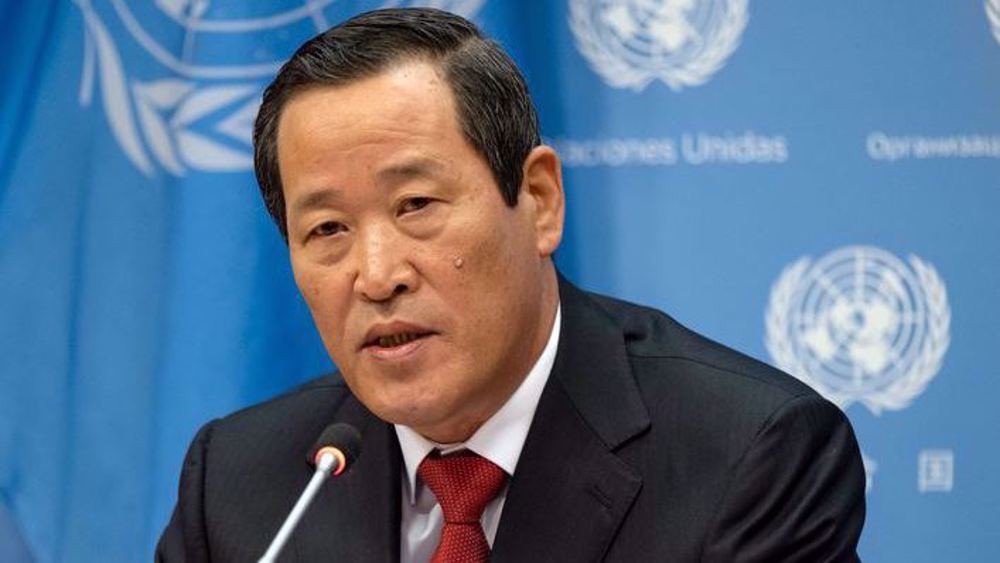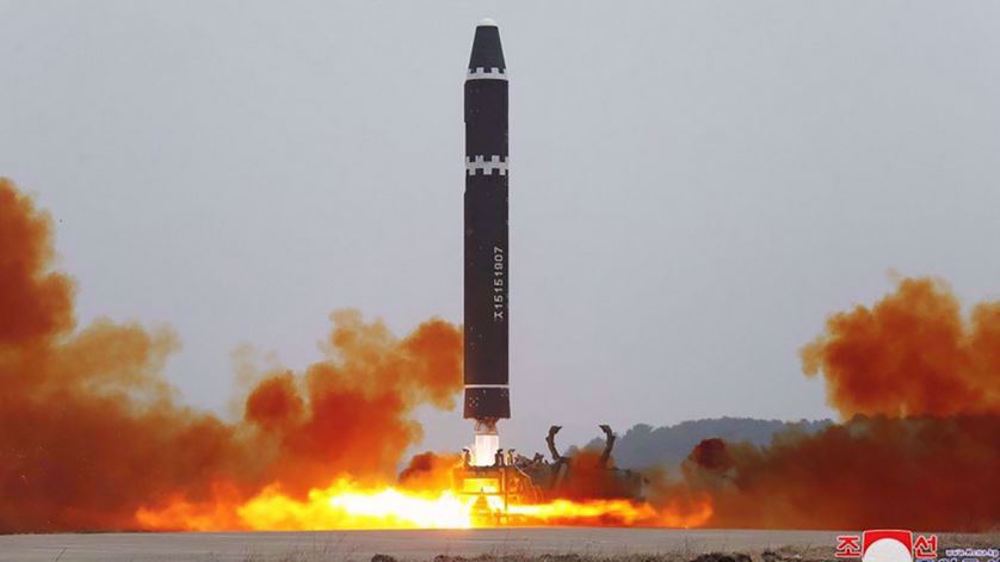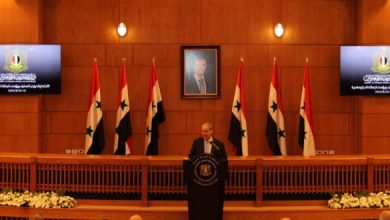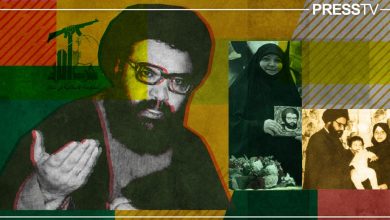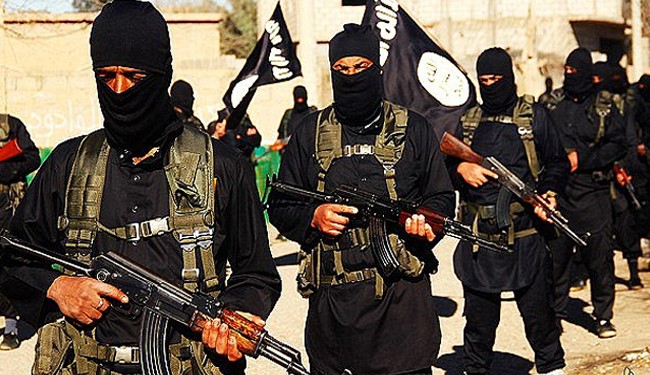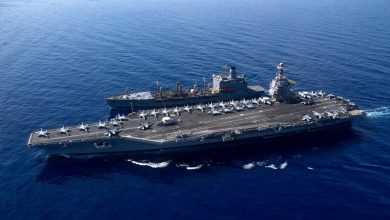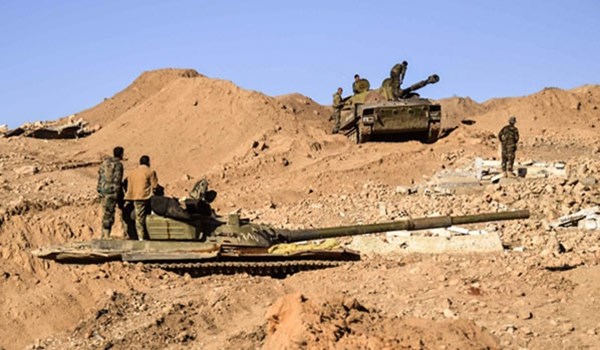North Korea amends constitution to boost nuclear power status, calls US, allies ‘worst threat’
North Korea has amended its constitution in a bid to update its nuclear doctrine and boost its nuclear power status, citing “provocations” from the United States.
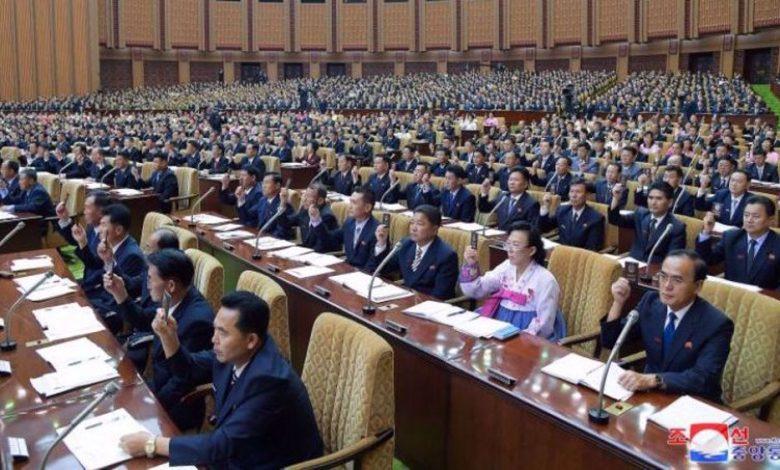
After two days of meetings ending on Wednesday, North Korea’s parliament, known as the Supreme People’s Assembly, added a law to the constitution, stipulating that Pyongyang’s policy of strengthening its nuclear force is now permanent, the state-run Korean Central News Agency (KCNA) reported on Thursday.
Under the new amendment, which provides greater clarity about command and control of the country’s nuclear weapons, North Korea “develops highly nuclear weapons to ensure” its “rights to existence” and to “deter war.”
“The DPRK’s nuclear force-building policy has been made permanent as the basic law of the state, which no one is allowed to flout with anything,” the KCNA quoted North Korean leader Kim Jong-un as addressing the parliament, using the initials of the North’s official name, the Democratic People’s Republic of Korea.
According to the report, the North Korean leader called for “exponentially boosting the production of nuclear weapons and diversifying the nuclear strike means and deploying them in different services.”
Kim also called the move a “historical event that provided a powerful political lever” that bolsters national defense capabilities and protects national interests.
The US has gone to extremes in its military provocations with drills and deployment of strategic assets in the region, he warned.
The passing of the new law comes almost a year after the Supreme People’s Assembly officially enshrined in law the right to use preemptive nuclear strikes to protect the country, a move Kim said at the time would make its nuclear status “irreversible.”
Although the central tenets of North Korea’s nuclear strategy remain unchanged since 2013, the new amendment further exacerbates tensions between Pyongyang and Seoul, which are still technically at war as the 1950-1953 Korean War concluded in an armistice rather than a peace treaty.
“This is just the worst actual threat, not threatening rhetoric or an imaginary entity,” Kim added. He urged his officials to further promote solidarity with the nations standing against Washington, condemning trilateral cooperation between the US, South Korea and Japan as the “Asian-version NATO.”
North Korea has conducted a string of weapons tests so far this year, the last one involving two short-range ballistic missiles earlier this month.
Pyongyang has been under UN Security Council sanctions for its missile and nuclear programs since 2006. The measures have been steadily strengthened over the years.
However, for the past several years, the 15-member Security Council has been divided over how to deal with Pyongyang. Russia and China, two veto powers, have said more sanctions will not help and want such measures to be eased.
They say joint military drills by the United States and South Korea provoke Pyongyang. Meanwhile, Washington accuses Beijing and Moscow of emboldening North Korea by shielding it from more sanctions.
South Korea and the United States have continued bolstering military cooperation, staging joint exercises as well as naval drills with Japan off the Korean peninsula. Pyongyang views the joint military drills as a rehearsal for invasion, maintaining a strong military as a deterrence force.
